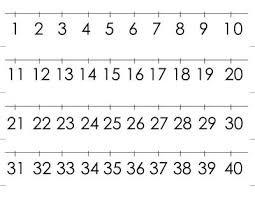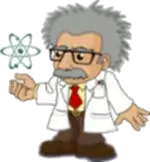Divisible without remainder
Determine the number by which all these numbers, 22, 18, 25, 15, 35, and 10, are divisible without remainder. The number is greater than 1.
Final Answer:

Tips for related online calculators
Do you want to calculate the greatest common divisor of two or more numbers?
Do you want to perform natural numbers division - find the quotient and remainder?
Do you want to perform natural numbers division - find the quotient and remainder?
You need to know the following knowledge to solve this word math problem:
algebraarithmeticnumbersGrade of the word problem
Related math problems and questions:
- Divisibility
 Is the number 728267 exactly divisible by 8? (the result is the integer, and/or remainder is zero)
Is the number 728267 exactly divisible by 8? (the result is the integer, and/or remainder is zero) - Divisible by nine
 How many three-digit natural numbers in total are divisible without a remainder by the number 9?
How many three-digit natural numbers in total are divisible without a remainder by the number 9? - Remainders
 It is given a set of numbers { 200; 261; 331; 345; 487; 554 }. Divide these numbers by number 80 and determine a set of remainders. As a result, write the sum of these remainders.
It is given a set of numbers { 200; 261; 331; 345; 487; 554 }. Divide these numbers by number 80 and determine a set of remainders. As a result, write the sum of these remainders. - Number divisible list
 List all divisible numbers by six and seven that are greater than 79 and less than 91.
List all divisible numbers by six and seven that are greater than 79 and less than 91. - Three-digit divisible nine
 Determine the number of all-natural three-digit numbers divisible by 9, consisting of the numbers 0, 1, 2, 5, 7:
Determine the number of all-natural three-digit numbers divisible by 9, consisting of the numbers 0, 1, 2, 5, 7: - Number probability
 There are numbers from 1 to 20 in the hat. What is the probability that we will pull out from the hat: a / one-digit number b / prime number c / number greater than 11 d / a number divisible by six Thank you
There are numbers from 1 to 20 in the hat. What is the probability that we will pull out from the hat: a / one-digit number b / prime number c / number greater than 11 d / a number divisible by six Thank you - Card number probability
 On ten identical cards, there are numbers from zero to nine. Determine the probability that a two-digit number randomly drawn from the given cards is: a) even b) divisible by six c) divisible by twenty-one
On ten identical cards, there are numbers from zero to nine. Determine the probability that a two-digit number randomly drawn from the given cards is: a) even b) divisible by six c) divisible by twenty-one
